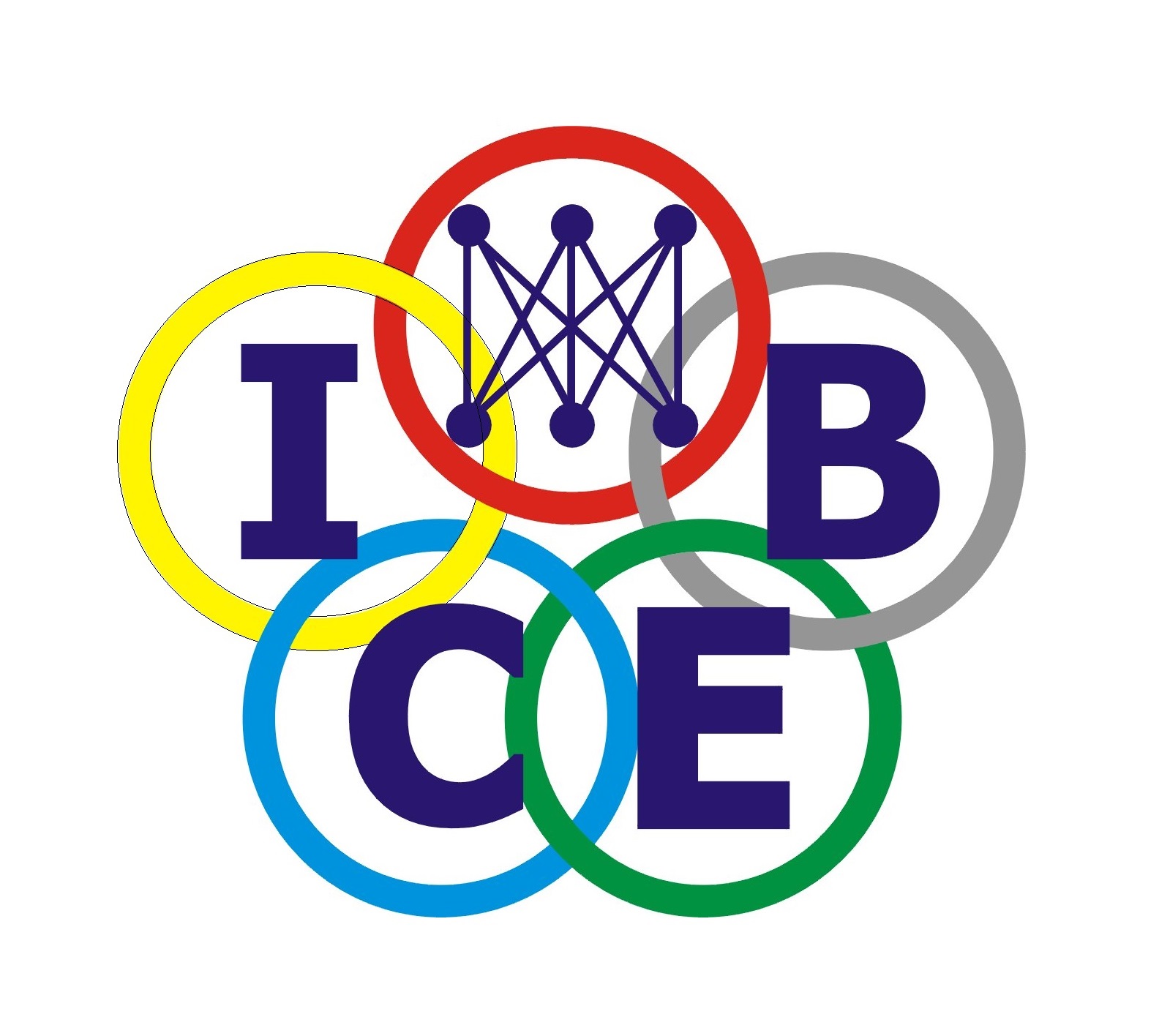Abstract
The swift advancement of artificial intelligence (AI) technology, exemplified by ChatGPT, has had a profound influence on higher education by presenting novel prospects for inventive approaches to teaching and learning. The capacity of AI to handle and examine vast quantities of data allows for the development of customized and adaptable learning experiences, hence revolutionizing conventional educational frameworks. This study examines the possible advantages and difficulties of artificial intelligence (AI) in higher education. It reveals that AI can improve educational material, facilitate collaboration between humans and machines in intelligent classrooms, and foster critical thinking, creativity, and collaboration among students. Nevertheless, the incorporation of AI also brings both ethical and pragmatic obstacles, such as apprehensions over data confidentiality, academic honesty, and the necessity for educators to cultivate digital proficiency and adjust to novel responsibilities. To get favorable results, it is crucial to embrace a well-rounded strategy that incorporates cutting-edge instructional methods, comprehensive digital literacy instruction, and explicit ethical principles. This research establishes a basis for additional investigation and the creation of policies, emphasizing the substantial capacity of AI to transform teaching techniques and improve academic achievements in higher education.
Recommended Citation
Zhan, Zhan; Rahman, A.B.M. Munibur; Tian, Tian; and Weiguo, Feng, "The construction of artificial intelligence education innovation mechanism: A review framework and research agenda" (2024). ICEB 2024 Proceedings (Zhuhai, China). 4.
https://aisel.aisnet.org/iceb2024/4


